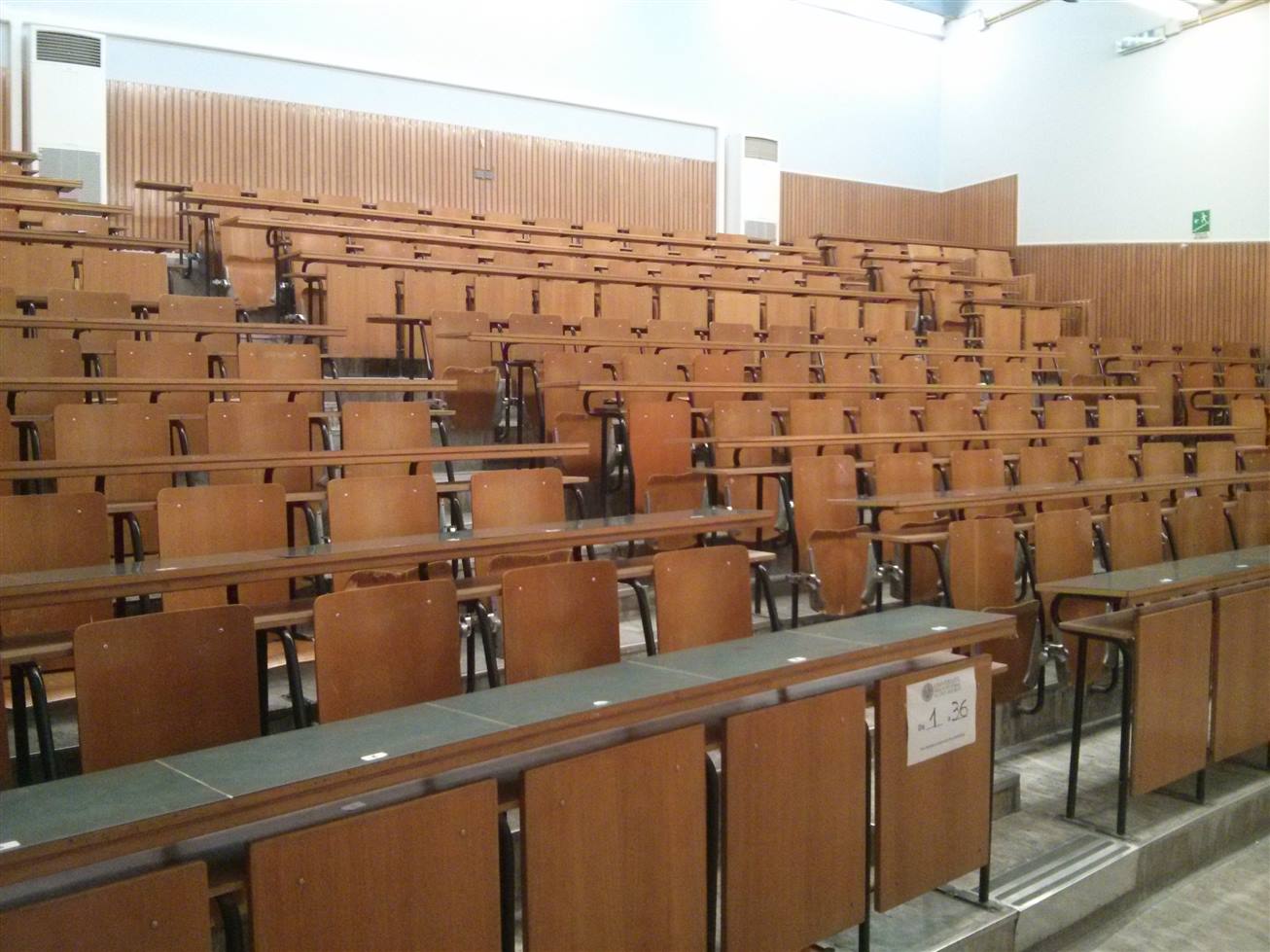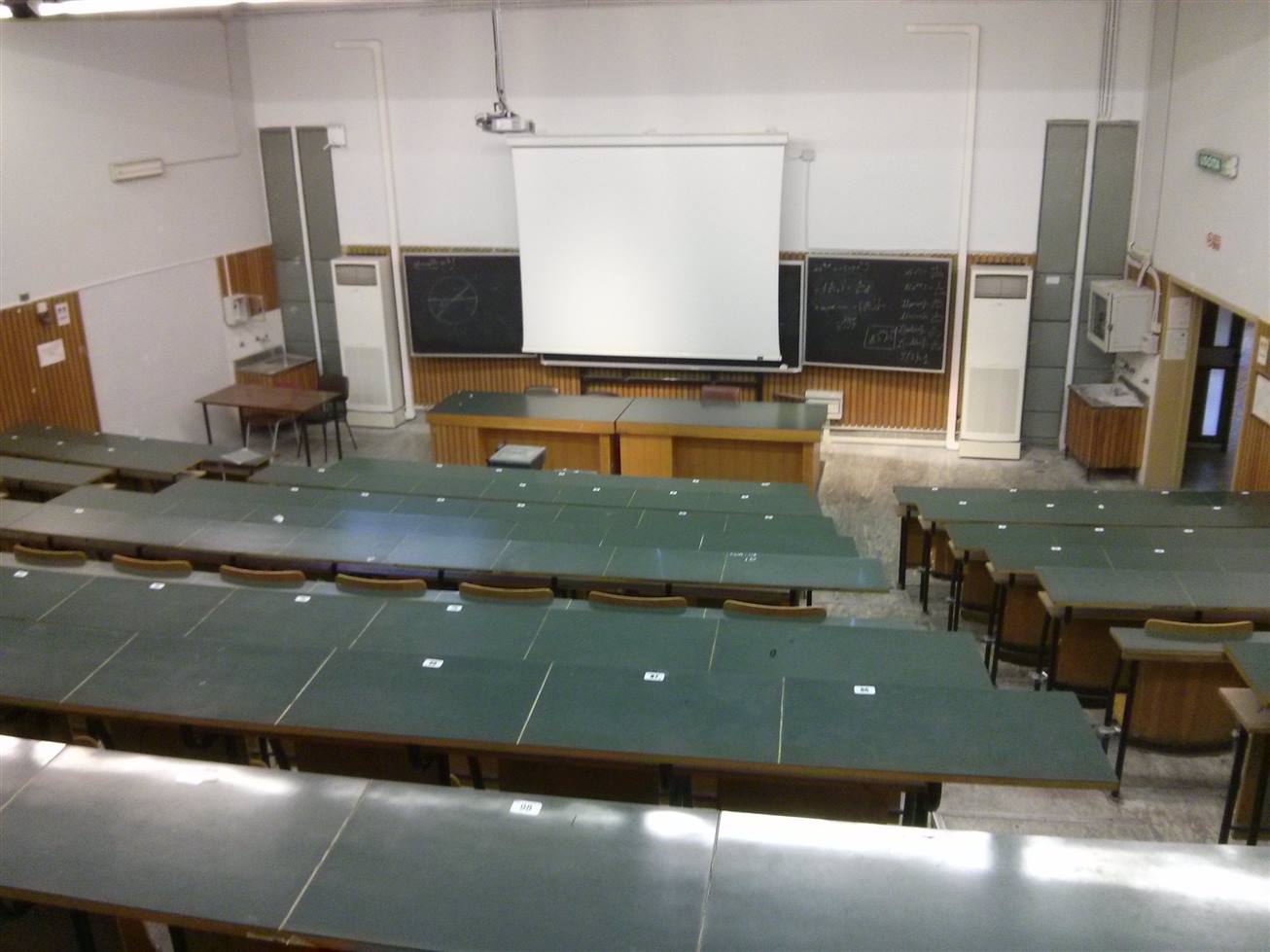THE DARKSIDE PROGRAM FOR DIRECT DARK MATTER SEARCHES AT LNGS
Event
- Title:
- THE DARKSIDE PROGRAM FOR DIRECT DARK MATTER SEARCHES AT LNGS
- When:
- Mon, 21. March 2016, 15:30
- Where:
- Bari,
- Category:
- Seminari
Description
The DarkSide-50 dark matter detector at LNGS is a two-phase argon TPC, installed at the center of two nested veto detectors, a 30-tonne liquid scintillator neutron veto and a 1,000-tonne water Cherenkov muon veto. While operating in 2014 with a fill of argon extracted from the atmosphere, DarkSide-50 demonstrated its capability to operate in a background-free mode even in presence of the strong radioactive background due to the 39Ar isotope produced by cosmic rays. In 2015 DarkSide was filled with 150 kg of argon extracted from deep underground reservoirs, which was demonstrated to be highly depleted in 39Ar. Today DarkSide-50 is the only noble liquid dark matter detector operating in background-free mode.
The combination of the DarkSide-50 results obtained with the atmospheric and underground argon fills allows to project that DarkSide-20k, a 20-tonne depleted argon detector proposed for construction at LNGS, will collect an exposure of 100 tonnes×year completely free of background. DarkSide-20k detector is set to start operating by 2020 and is projected to be the most sensitive dark matter experiment, with a sensitivity reaching well past the ultimate value possible for xenon-based detectors.
DarkSide-20k will be followed after five years at LNGS by Argo, a 300-tonne dark matter detector capable to collect an exposure of 1,000 tonnes×year completely free of background, reaching the ultimate sensitivity before the onset of background due to nuclear recoils induced by neutrino coherent scattering. Argo will also be capable of performing a set of very high precision measurement of several solar neutrino sources.
The future DarkSide programs are made possible by special technological programs for the procurement of underground argon (Urania project), in its additional isotopic rejection of 39Ar (Aria project), and in the development of special SiPM to replace cryogenic PMTs for operation as photosensors at 87K (DarkSide@Abruzzo project).
Relatore:prof. Cristiano Galbiati, Princeton University






